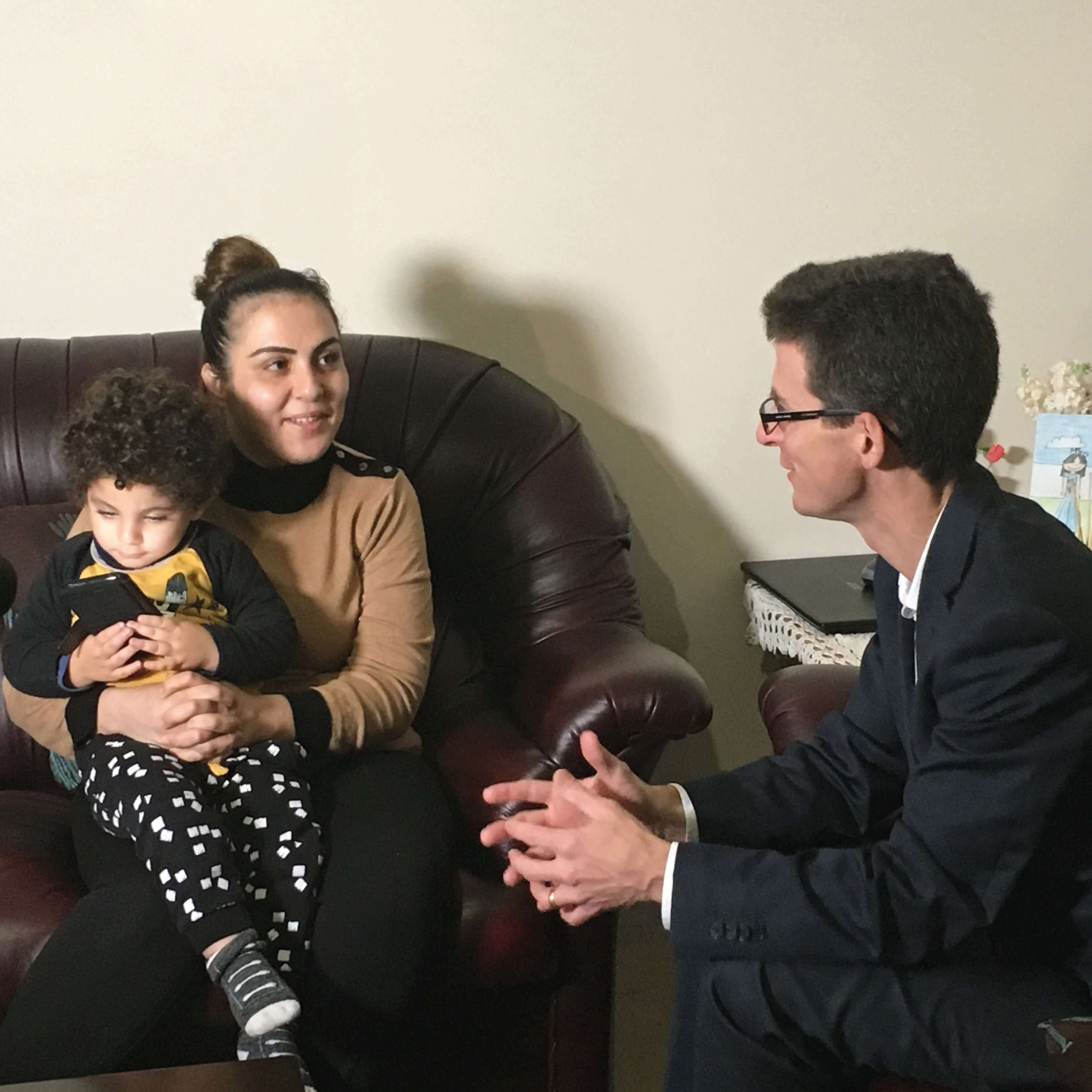Search
Research
Safety surveillance of influenza vaccine in pregnant womenVaccination is the most effective strategy for preventing influenza infection in pregnancy.

News & Events
Important things you should know about this year’s flu seasonNews headlines about the large number of life-threatening cases of the flu in Western Australia this winter have been hard to miss - find out what you can do to protect your family.

News & Events
WA parents oblivious to true danger of the fluPerth parents are underestimating the serious consequences of the flu, with only 19 per cent of children under five years of age currently immunized against the virus ahead of the peak winter flu season.
Research
Immunogenicity and safety of measles-mumps-rubella and varicella vaccines coadministeredA pooled analysis was conducted of 1,257 toddlers who received a fourth dose of Haemophilus influenzae type b- Neisseria meningitidis serogroups C and...
Research
Trivalent influenza vaccine and febrile adverse events in australia, 2010: Clinical features and potential mechanismsIncreased numbers of children presenting with febrile adverse events following trivalent influenza vaccine (TIV) were noted in Australia in 2010.
Research
Sexual dimorphism in lung function responses to acute influenza A infectionMales are generally more susceptible to respiratory infections; however, there are few data on the physiological responses to such infections in males and...
Research
Response after one dose of monovalent influenza A (H1n1) 2009 vaccine in infants and children - preliminary reportTo assess the immunogenicity and safety of a 2009 influenza A(H1N1) vaccine in children.

News & Events
Deborah Lehmann Research Award OpportunityThe Deborah Lehmann Research Award in Paediatric Infectious Disease Research is a funding mechanism to support the training and development of early- to mid-career researchers (EMCR) or Higher Degree by Research (HDR) students who are nationals from the Pacific Region working in or outside their hom
Research
Neuropsychiatric outcomes in offspring after fetal exposure to maternal influenza infection during pregnancy: A systematic reviewIncreasing evidence suggests that influenza infection in pregnancy may disrupt fetal neurodevelopment. The impact of maternal influenza infection on offspring neuropsychiatric health has not been comprehensively reviewed.
Research
Surveillance of avian influenza through bird guano in remote regions of the global south to uncover transmission dynamicsAvian influenza viruses (AIVs) pose a growing global health threat, particularly in low- and middle-income countries (LMICs), where limited surveillance capacity and under-resourced healthcare systems hinder timely detection and response. Migratory birds play a significant role in the transboundary spread of AIVs, yet data from key regions along migratory flyways remain sparse. To address these surveillance gaps, we conducted a study between December 2021 and February 2023 using fresh bird guano collected across 10 countries in the Global South.
